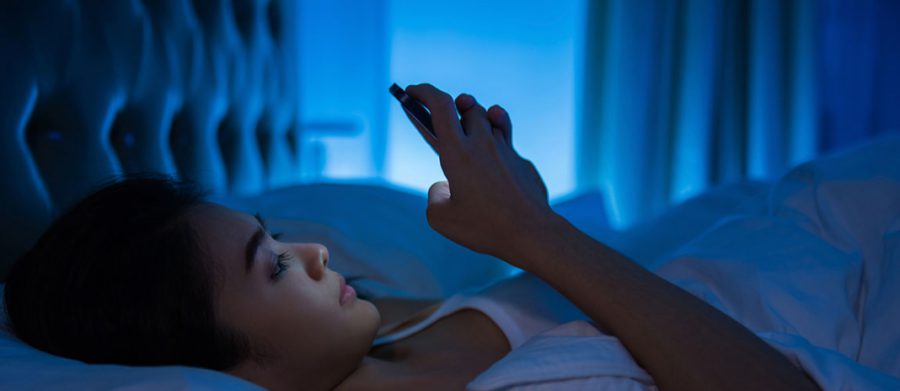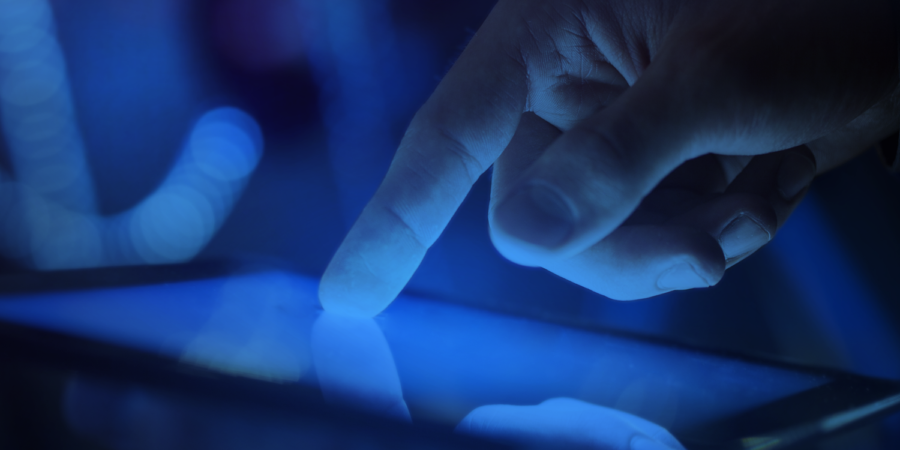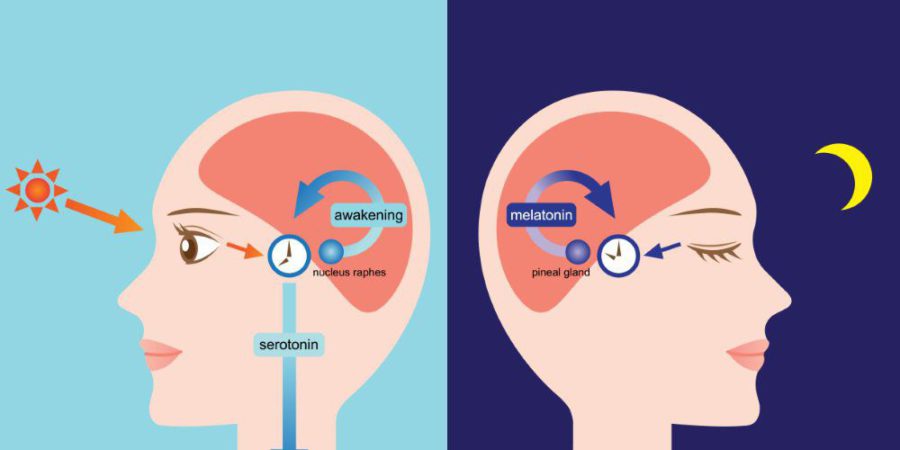Experts believe that the blue glow is not the only or even the main reason for the difficulties associated with sleep …

Original material
Light plays a critical role in the regulation of many internal processes in the body, including circadian rhythms that “control” sleep. Workers at night are so often fatigued, sleepless, and impaired that researchers have coined the term shift work disorder to describe all symptoms. The study even linked some forms of cancer and heart disease to ignoring the sun's sleep-wake cycles, so holding a light-emitting device a few inches away from your face would obviously lead to sleep disturbance. There is evidence for this theory. Research has shown that exposure to blue light, a type of shortwave light commonly emitted by digital devices, can suppress the body's production of melatonin, a hormone that regulates sleep. And a study by Harvard Medical School found that those who read regular paper books fall asleep faster and feel more refreshed in the morning than those who use an e-reader before bed.
Utilities built into many smartphones that filter out the notorious blue light should fix all problems, right? Quite handy, especially for device makers and app retailers who benefit from keeping your screens sticky. But experts say the blue end of the spectrum is not the only, or even the main, cause of sleep difficulties.
“Based on our own research and outside research in this area, we consistently found that the blue glow from screens overnight did not affect sleep in any way,” says Michael Gradisar, a sleep researcher and professor of psychology at Flinders University in Australia. Although he does not exclude the possibility of a negative effect of blue light on sleep, in his opinion, the devices indirectly 'drive away' sleep by keeping people active and conscious at a time when they usually calm down and relax before going to bed.

Not all devices are created equal. “Interactive” devices (smartphones, computers and video games) are more likely to be associated with falling asleep problems, “Gradisar says, citing a massive sleep study he co-authored with others based on information compiled across the country by the National Sleep Foundation. On the other hand, he says that there is almost no connection between sleeping and watching TV. Gradisar: 'This may be because the TV is a passive device. There is practically no real interaction with what is happening on the screen. '
Other scientists agree with him. “ We are stimulated by almost everything we do on phones and tablets, especially social media, writing, email, online shopping, '' says Gene Twenge, professor of psychology at the University of San Diego and author of 'iGen', a book in which describes the relationship between adolescents and technology.
Twenge believes that social media and other smartphone-related activities can cause deep thinking or problems with thoughts 'shutting down'. Twenge: 'It's not easy to stop thinking about a message from a friend, a nasty email at work, or a comment on your post in Facebook. All this interferes with going to bed. ' Especially such an effect causes stress from the news you read or anxiety about the purchase just made, the brain simply does not have time to 'calm down'.
Twenge's research shows that device use and time spent on social media in bed is directly linked to poor sleep among teens. These same trends emerge in Gradisar's work. Compared to adults, young people are more likely to go to bed with their phones in hand and are more likely to not get enough sleep. It's hard to find a sleep expert who wouldn't recommend ditching gadgets in the bedroom.

For many people, device notifications in the middle of the night are a common source of sleep disturbances. Gradisar and his colleagues found that of those people who use their phones just before bed, 57% leave the sound on, and 10% of them wake up from vibration or signals from the phone several times a week.
Assuming a desire to find a solution to the problem, the answer is obvious, albeit not so simple: refrain from devices an hour before bed. “Using electronic displays before bed is the biggest challenge,” says Judith Owens, graduate and chair of sleep medicine at Children's Hospital Boston. In fact, it's hard to find a sleep expert who wouldn't recommend ditching gadgets in the bedroom. In this context, the phrase is often repeated: “Why do you need an alarm clock for eight hundred dollars?” But there is an exception to the rule: some e-book readers who actually read rather than use the reader as a browser will avoid the blue light.
It will be good if in the future, not only the blue light, but also a friend's comment in your feed Instagram or an angry letter from the boss will be 'blamed' for all sleep problems.
Author – Markam Hyde
Another smartphone myth fell? Of course, there is indirect evidence of the influence of gadgets and the blue glow of their screens, but the root cause is not in it. In the original material, it is not entirely clear what will happen to those people who are used to passively viewing the contents of the smartphone screen and, conversely, those who ponder what is happening on the TV screen. And even more so the point about books: I repeatedly read books so that I had two or three hours to sleep, and at that time there were no smartphones at all.
The trend for a blue filter is already firmly entrenched in mobile electronics, but manufacturers are a little cunning, saying that using such utilities will make it easier to fall asleep. Not at all. Maybe it's time for companies to become more open in this regard? What other myths are they feeding us?
